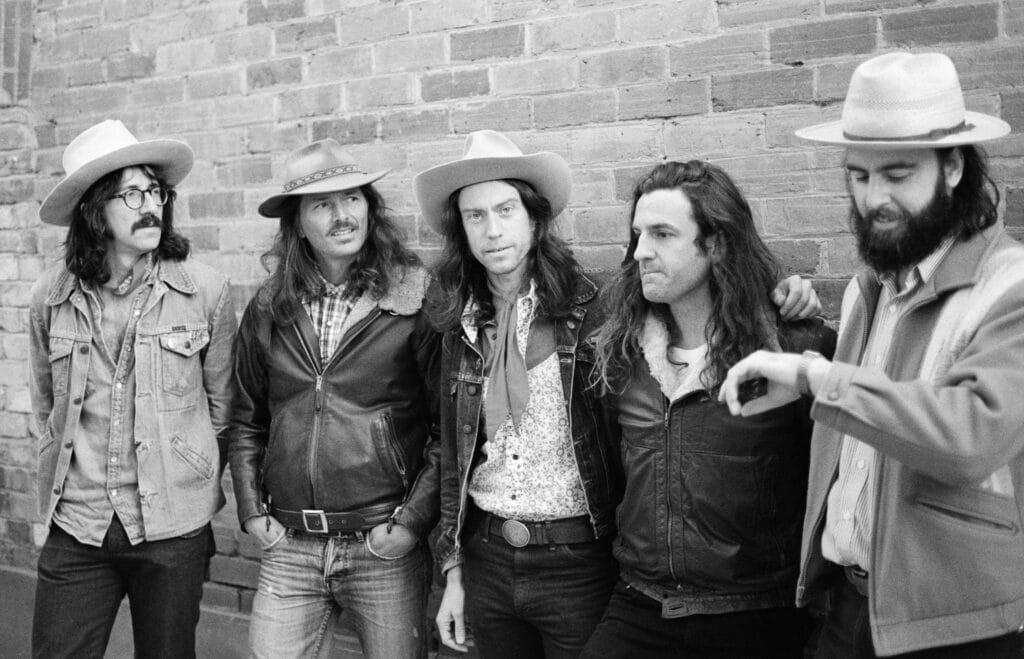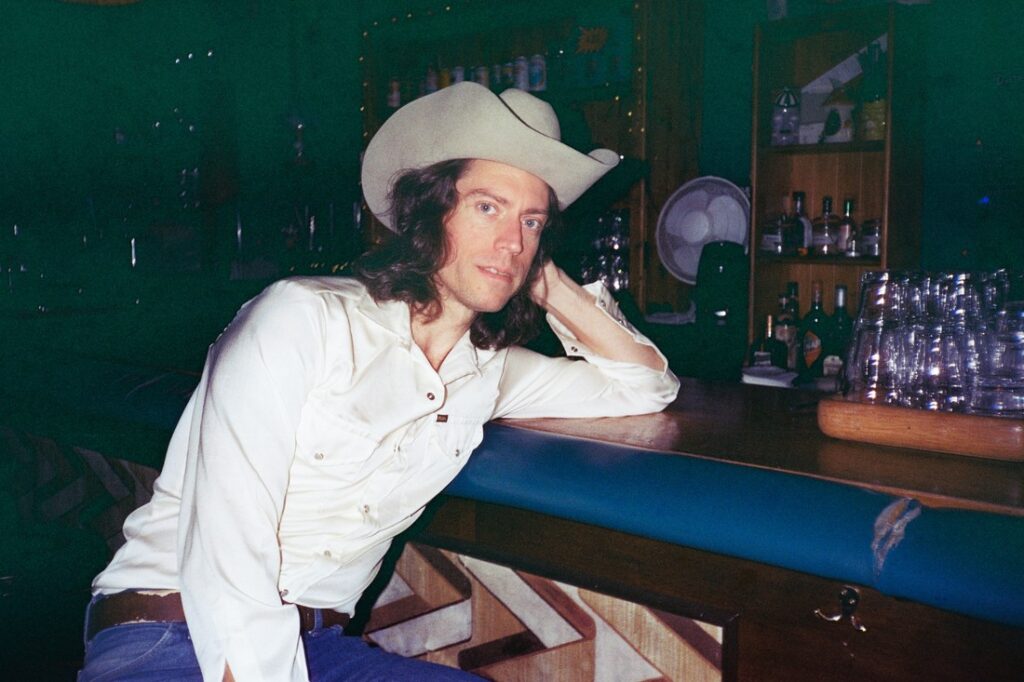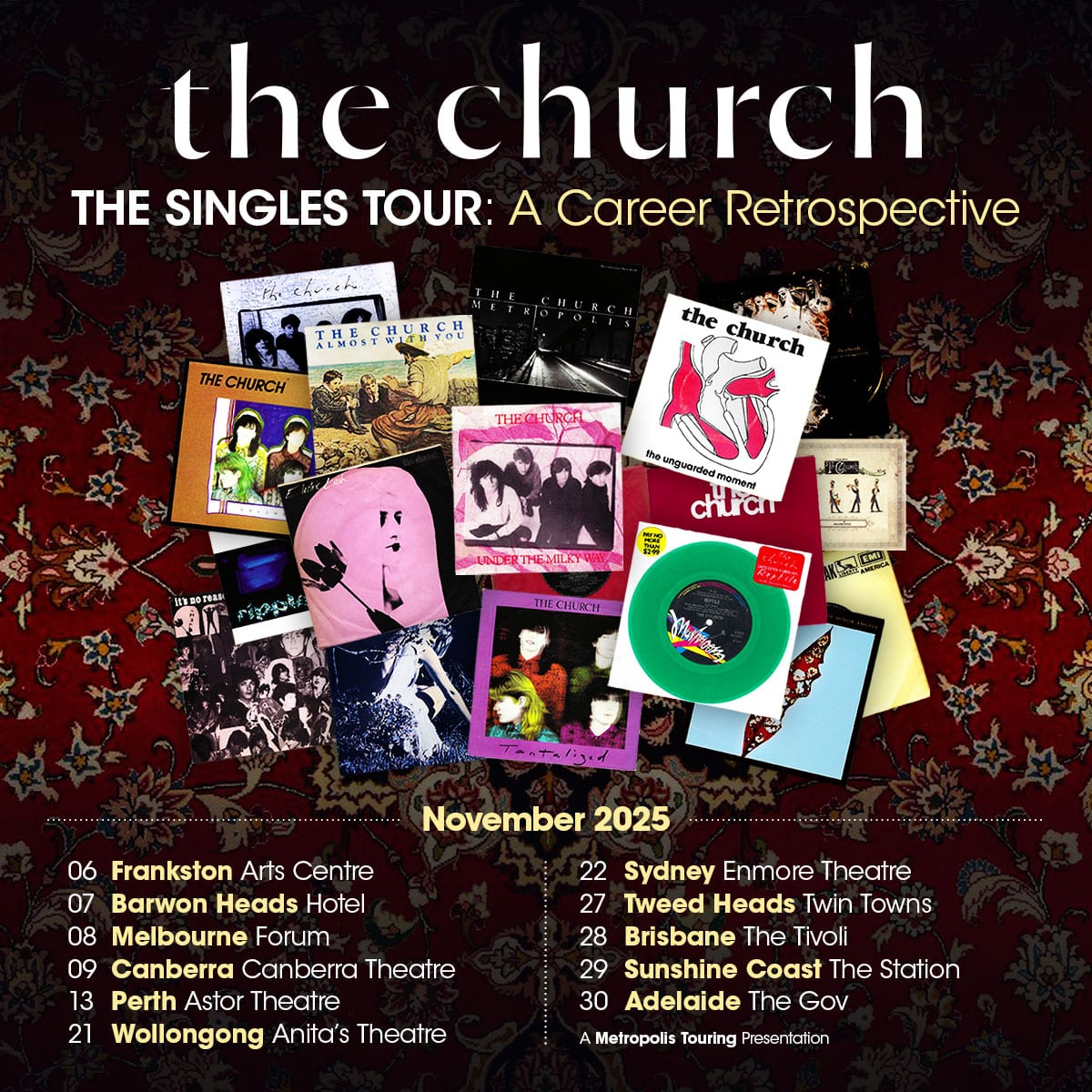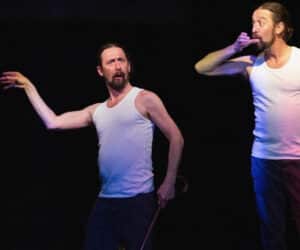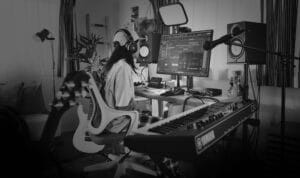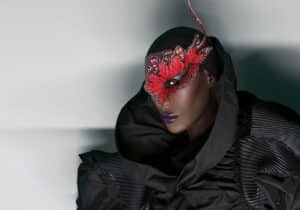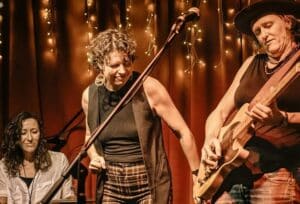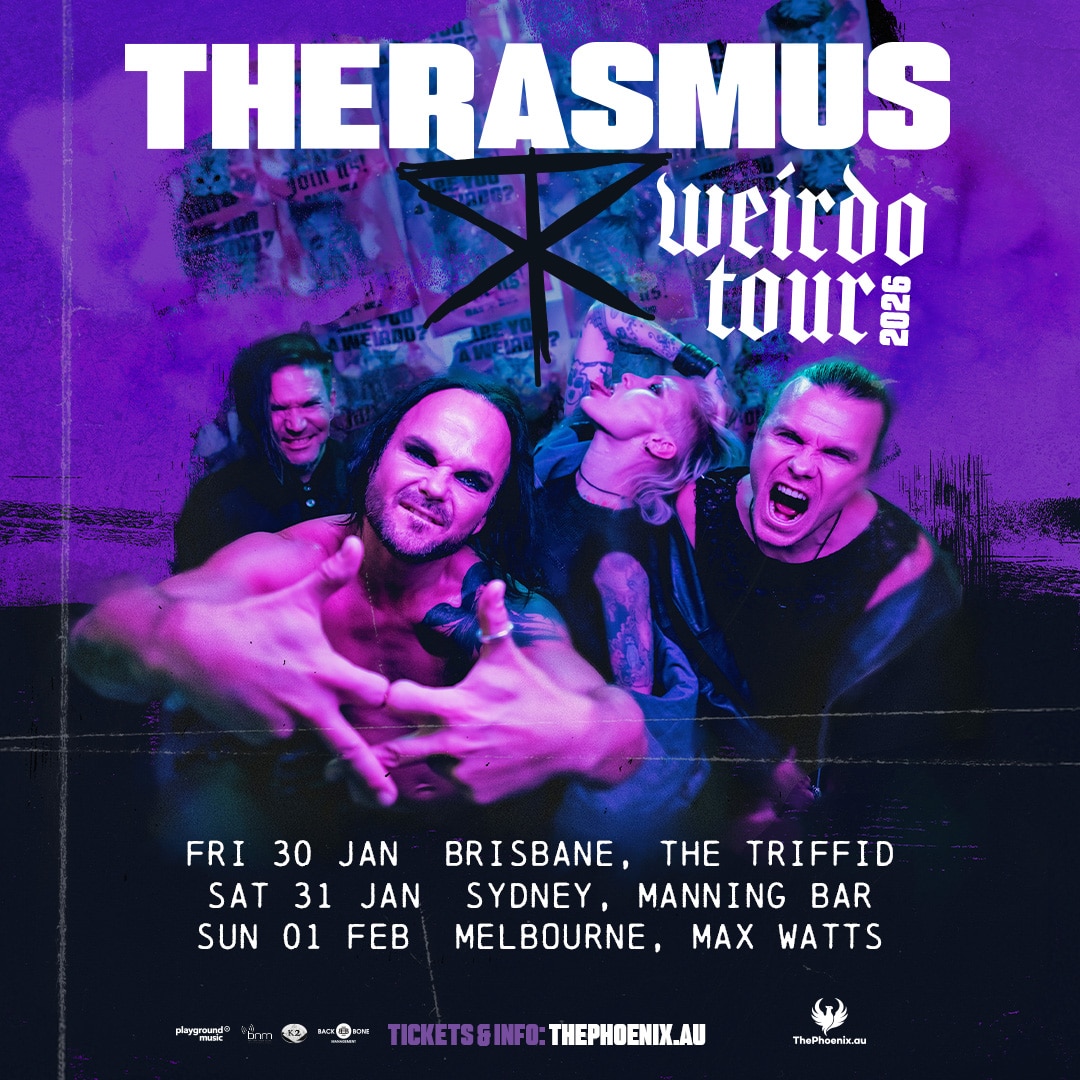James Ellis has today released his new solo album, The Party Might Be Over. Featuring singles Don’t Drink All By Yourself (If You Can’t Be Drunk Alone), Lonely, Sad and Blue, and Today Is Just Another Day, Ellis’ new album is another standout release from this Melbourne-based Country singer-songwriter.
Recorded in Nashville at Creative Workshop and produced by Micah Hulscher (Margo Price), with additional production by Alex Munoz, this new full-length recording features some of Nashville’s finest musicians across the record, such as; Chris Scruggs (Marty Stuart), Fats Kaplin (John Prine), Lillie Mae, Craig Smith (Jim Lauderdale, Lillie Mae), Alec Newman (Kelsey Waldon), Nate Felty, Tim Baker and more…
The Party Might Be Over is out now on Bandcamp and all streaming platforms via MGM Distribution.
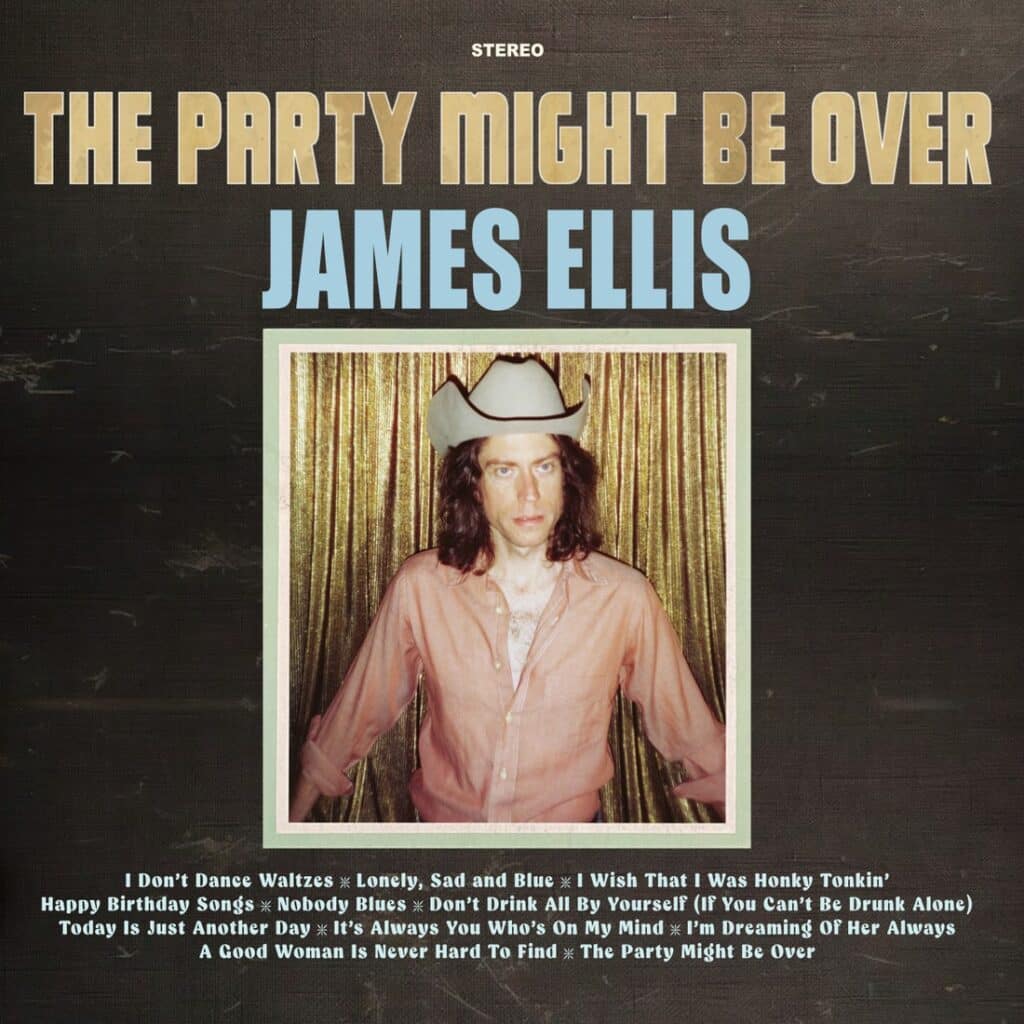
ALBUM BIO
In March 2020, the world went into lockdown. Gigs and tours were cancelled. Musicians everywhere suddenly found themselves with a very open schedule and a lot of time on their hands. For James Ellis, this period of available time allowed him to write and record the collection of songs that would become his next album, The Party Might Be Over.
After writing a number of songs immediately following the beginning of the March 2020 lockdown in Melbourne, there was one song which really started the momentum for the album. In mid-2020, legendary local Melbourne country DJ, Dave Heard celebrated 40 years on air at PBS FM. In recognition of this milestone, James was one of a number of Melbourne songwriters asked by PBS FM to write a song. The “keeper” song from the tunes written for this task was one written about The Rooks Return, the venue where James and his band, the Jealous Guys, had been playing a Thursday honky tonk residency since the beginning of 2018 (which continues to this day). “I Wish That I Was Honky Tonkin’” captures the atmosphere of the country music community which has developed around those Thursday gigs. One of the few characters expressly mentioned in the song is Dave Heard (“Mel [one of the then-owners] goes out at seven, Dave comes in at 9.”). Dave’s radio show, Acid Country, played between 3pm and 5pm every Thursday. He would then regularly come into the Rooks Return just as the band was starting at 9pm to catch the sets.
Given the restrictions in 2020, James’ recording of the song (which was to be debuted on Dave’s big celebratory on-air show) was a very stripped down arrangement recorded at Alex O’Gorman’s studio in Collingwood with contributions from Tim Baker. But key to the production of the song was Micah Hulscher, piano player with Margo Price and one of the producers of James’s second album with the Jealous Guys, Country Lion. James and Micah (living in Nashville) were talking regularly over Facetime, remotely enjoying a few tequila shots together and discussing country music. With the PBS project initiated, the two started talking about ideas for the production of the song and it led to Micah playing keys on the track.
During these chats, the two also realised that the song would sound really great re-recorded with a full backing band. They talked about how it would sound, the instrumentation, the ideal players they’d use and the best recording studio. With all the uncertainty of cross-border travel, the two realised that the only way this project was going to be possible in the near-term was by doing it remotely: either doing the bulk of recording in Melbourne with Micah producing remotely; or the opposite, with the majority of the recording taking place in Nashville with James “attending” remotely and completing his parts in Melbourne. The availability of some of the best Nashville-based country musicians due to Covid touring cancellations ultimately led them to record in Nashville.
How to record an album remotely? As the songs were progressively written by James in Melbourne, he’d send across rough demos and vague production ideas to Micah (and Alex Munoz for additional production) in Nashville. Then they’d get together online to discuss the ideas of feel, tempo, arrangement and instrumentation. Key to this process was that James had (and continues to have) a profound respect of Micah’s deep knowledge of classic country music. This was essential to the trust which James was able to place in Micah which would allow the remote sessions to work effectively.
One key production reference point was Jerry Kennedy’s work at Smash / Mercury in the 1960s and 1970s. Kennedy’s production work during this time includes Jerry Lee Lewis, Faron Young, Mickey Newbury, Dave Dudley and perhaps most relevantly to this recording, Tom T Hall. For James and Micah, the defining instrumentation of some of those recordings which they wanted to include in the new album was fiddle, harmonica and dobro.
And so the search for their recording band began. There were some obvious choices which James suggested and Micah agreed to immediately. Alec Newnam and Nate Felty on upright bass and drums, respectively. Both played with Kelsey Waldon and were also playing with Micah in his side project, Greasy Neal. Craig Smith, guitarist with Lillie Mae, Jim Lauderdale and Suzy Boguss (among others) had actually introduced James and Micah back in 2018 and is one of the best B-bender guitarists around. Brett Resnick played the pedal steel on Kelsey Waldon’s early records. Obviously, Micah would be playing piano. The question was who would be playing fiddle, harmonica and dobro? After considering a few names, Micah suggested Fats Kaplin, multi-instrumentalist (including fiddle, harmonica, mandolin and banjo) who played with John Prine. Micah also said to James, “I’m not exactly sure about who to get for dobro but I know who will know. Let me ask Chris Scruggs.” Apparently, when asked who the right dobro player was to play on the album, Chris simply said, “Me!” Chris is a local Nashville legend-before-his-time, having played with BR-549 and currently playing in Marty Stuart’s Fabulous Superlatives as well as his own band, Chris Scruggs and the Stone Fox Five.
Now that the band was assembled and the recording dates were set for mid-November, James and Micah had the challenge of recording James’ songs without James actually being present (due to travel restrictions). So, once the arrangements and tempos for the songs had been discussed and planned out, James went into Alex O’Gorman’s Collingwood studio one night in early November (following lifting of some restrictions). James recorded the 11 tracks with guide vocals and acoustic guitar to a click track. And so, when the recording sessions came around, the recording engineer, Parker Cason, simply uploaded the click and vocal, the band followed James’ pre-recorded count in, and everyone played along.
During the three-day Nashville recording sessions, due to the time difference, James woke up at 3am to FaceTime in. Connected via Micah’s ipad sitting at the back of the control room in the Creative Workshop studios in Nashville, James recalls hearing the live takes of the songs which he’d written mostly that year, which he’d played over and over on his acoustic guitar in his bedroom and which now were being tracked by some of the best country musicians in the world. Even through the patchy FaceTime connection, he could hear the magic created by that band. The feeling was electric. The playing was masterful. Almost everything played by the band was captured live on the first or second take. By the end of the third day, it felt like the album was almost ready, needing only James’ vocals and a few final additions to complete the recording.
However, a number of circumstances meant that the finalisation of the album would not happen until early 2024. First, Melbourne’s 2021 lockdowns prevented much recording happening. Then, in 2022, James’ preferred Melbourne engineer, Alex O’Gorman had his first child and was largely unavailable. In 2023, James finished tracking his vocals for the album with Lillie Mae Rische and Frank Rische recording backing vocals in Nashville but Micah was on tour with Margo Price for most of the year and so the mixing was deferred. Finally, in early 2024, James asked Melbourne mixing engineer, Steve Mowat, to mix the album. His mixes really brought out the energy and musicianship of the live band which played on the sessions back in November 2020.
So, here we are. The Party Might Be Over. It sounds foreboding, ominous. But the song’s lyrics add something eager and hopeful to the title: “The party might be over but that don’t mean that we can’t dance.” In fact, dancing plays an important part in this record (as it does in most of James’ music). Shortly before the November 2020 recording sessions in Nashville, Micah commented to James: “We’re making a country dance record, but you don’t have a waltz. Do you think you might be able to write one?” Two days later, James had written, “I Don’t Dance Waltzes”, a wry response to Micah’s request, reminiscent of the dry humor in Willie Nelson’s, “Sad Songs and Waltzes”.
And just as you might hear a little Willie Nelson in that song, and you might hear Jerry Kennedy’s influence throughout the album, perhaps you also pick up the other traditional country touchpoints throughout. Not least in the album cover, which directly (and very explicitly) references a Johnny Bush cover. As James notes, “If can’t sound like Johnny Bush, I may as well try to look like him.”
This album is proudly traditional country.
FOLLOW JAMES ELLIS
FACEBOOK | INSTAGRAM | APPLE | SPOTIFY
